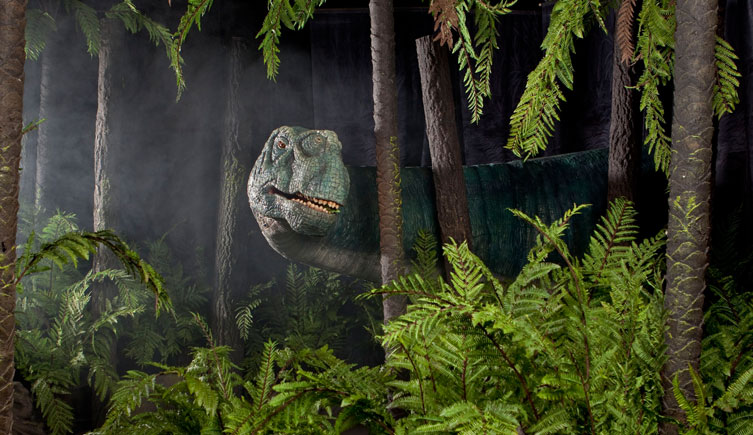Sifting meticulously, the volunteers collected every last tooth and vertebra and chip of bone — everything that had been overlooked by previous diggers. The work took three years. When finished they found that they had more than tripled the global total of dinosaur fossils from the late Cretaceous. The survey established that dinosaurs remained numerous right up to the time of the KT impact. "There is no reason to believe that the dinosaurs were dying out gradually during the last three million years of the Cretaceous," Sheehan reported.

We are so used to the notion of our own inevitability as life's dominant species that it is hard to grasp that we are here only because of timely extraterrestrial bangs and other random flukes. The one thing we have in common with all other living things is that for nearly four billion years our ancestors have managed to slip through a series of closing doors every time we needed them to. Stephen Jay Gould expressed it succinctly in a well-known line: "Humans are here today because our particular line never fractured — never once at any of the billion points that could have erased us from history."












